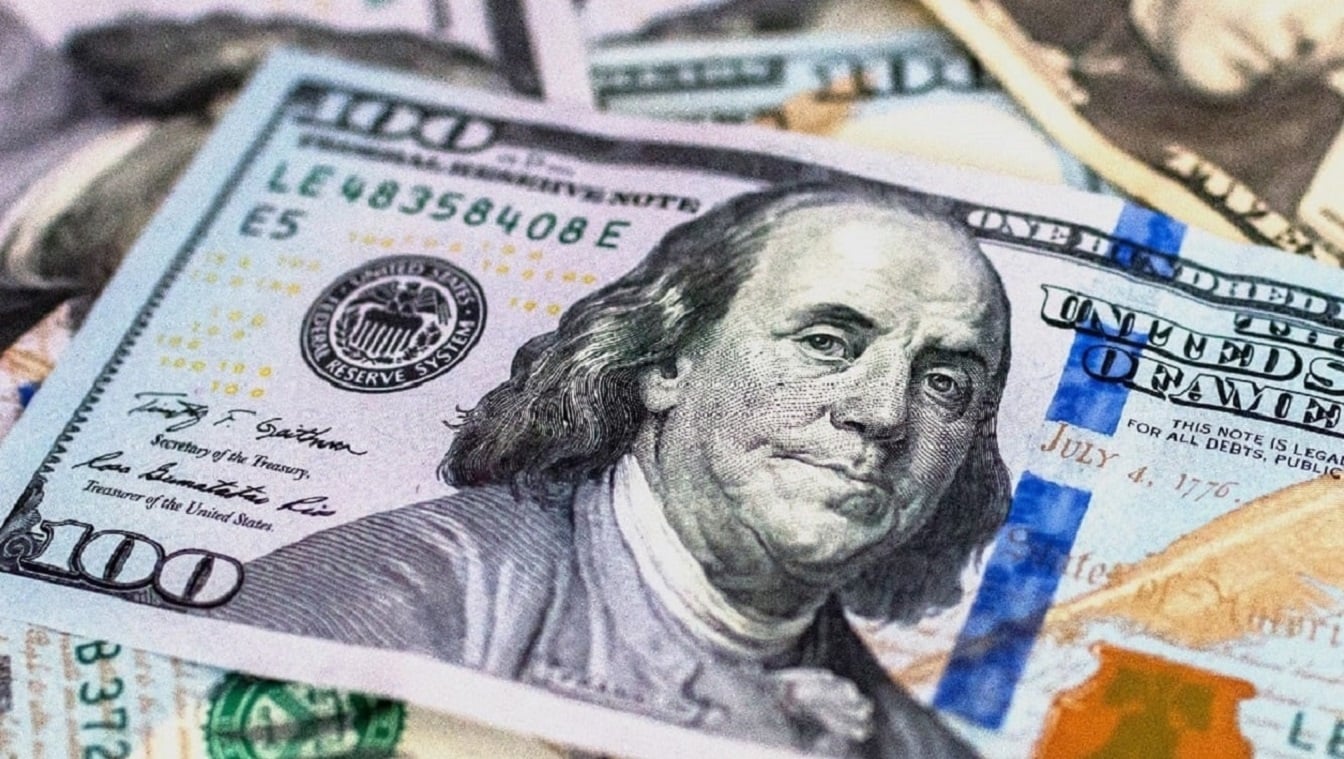Will Oil Prices Plummet Or Skyrocket? – As oil price increases begin to slow down, experts believe that they’ll see significant changes in the coming weeks and months. Those prices may almost halve or could reach “stratospheric” levels, depending on who you believe.
This week, crude prices dropped below $100 per barrel not because U.S. President Joe Biden has solved the supply problems, but because investors expect a recession in the United States soon. Once that downturn arrives, the investors believe, the demand for oil will fall.
Oil Price Drops Could Come At A Cost
As President Joe Biden resorts to asking gas stations to “bring down” the prices at the pump to reflect what they pay for it, the White House may finally take some relief in knowing that oil prices could potentially halve by the end of the year.
It won’t come without a recession, though.
According to analysts from Citigroup Inc., crude oil prices could plummet to $65 per barrel by the end of the year, and potentially fall as low as $45 by the end of 2023, as a result of a recession of the scale last seen in 2008.
In a note published on July 5, analysts warn that a coming recession will drive down demand from drivers and industry as people tighten their belts, limit travel, and reduce spending.
“For oil, the historical evidence suggests that oil demand goes negative only in the worst recessions,” analysts wrote. “But oil prices fall in all recessions to roughly the marginal cost.”
JPMorgan Expects Oil Will Reach “Stratospheric” $380 Per Barrel
On the flip side, JPMorgan analysts believe that global oil prices could easily skyrocket in the near future.
Analysts say that crude oil could reach $380 per barrel if the United States and Europe respond to Russia’s continued aggression in Ukraine in a way that prompts the Kremlin to order retaliatory oil output reductions.
“The most obvious and likely risk with a price cap is that Russia might choose not to participate and instead retaliate by reducing exports,” JPMorgan analysts wrote in a recent note to clients. “It is likely that the government could retaliate by cutting output as a way to inflict pain on the West. The tightness of the global oil market is on Russia’s side.”
A cut of 3 million barrels per day could see supplies slashed so badly that prices double their present figure and reach $190. However, a reduction of 5 million barrels per day – easily achievable for the Kremlin – could see prices reach eye-wateringly high levels.
Prices this high could have some sections of American society praying for a recession.
Whatever happens, though, the president and the Democrats will be watching.
An ABC News/Ipsos poll from June found that 83% of Americans say their vote in November’s midterm elections will be cast with the economy in mind. 80% say they’ll be thinking about inflation, and 74% say they’ll also be considering gas prices.
And with just 37% of those respondents saying they approve of President Joe Biden’s approach to shaping and repairing the American economy, the Democrats are bound to feel the impact of either rising prices or a recession in November.
Jack Buckby is a British author, counter-extremism researcher, and journalist based in New York. Reporting on the U.K., Europe, and the U.S., he works to analyze and understand left-wing and right-wing radicalization, and reports on Western governments’ approaches to the pressing issues of today. His books and research papers explore these themes and propose pragmatic solutions to our increasingly polarized society.

